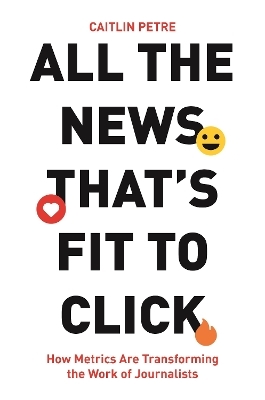
Multichip Module Technologies and Alternatives: The Basics
Van Nostrand Reinhold Inc.,U.S. (Verlag)
978-0-442-01236-6 (ISBN)
A: The Framework.- 1 Introduction.- 2 MCM Package Selection: A Materials and Manufacturing Perspective.- 3 MCM Package Selection: A Systems Need Perspective.- 4MCM Package Selection: Cost Issues.- B: The Basics.- 5 Laminate-Based Technologies for Multichip Modules.- 6 Thick Film and Ceramic Technologies for Hybrid Multichip Modules.- 7 Thin Film Multilayer Interconnection Technologies for Multichip Modules.- 8 Selection Criteria For Multichip Module Dielectrics.- 9 Chip-to-Substrate (First Level) Connection Technology Options.- 10 MCM-to-Printed Wiring Board (Second Level) Connection Technology Options.- 11 Electrical Design of Digital Multichip Modules.- 12 Thermal Design Considerations for Multichip Module Applications.- 13 Electrical Testing of Multichip Modules.- C: Case Studies661.- 14 The Development of Unisys Multichip Modules.- 15 High Performance Aerospace Multichip Module Technology Development at Hughes.- 16 Silicon-Based Multichip Modules.- 17 The Technology and Manufacture of the VAX-9000 Multichip Unit.- D: Closing the Loop815.- 18 Complementing Technologies for MCM Success.
| Zusatzinfo | XXXII, 875 p. In 2 volumes, not available separately. |
|---|---|
| Verlagsort | New York |
| Sprache | englisch |
| Maße | 152 x 229 mm |
| Themenwelt | Informatik ► Theorie / Studium ► Algorithmen |
| Informatik ► Weitere Themen ► Hardware | |
| Technik ► Maschinenbau | |
| ISBN-10 | 0-442-01236-5 / 0442012365 |
| ISBN-13 | 978-0-442-01236-6 / 9780442012366 |
| Zustand | Neuware |
| Informationen gemäß Produktsicherheitsverordnung (GPSR) | |
| Haben Sie eine Frage zum Produkt? |
aus dem Bereich


